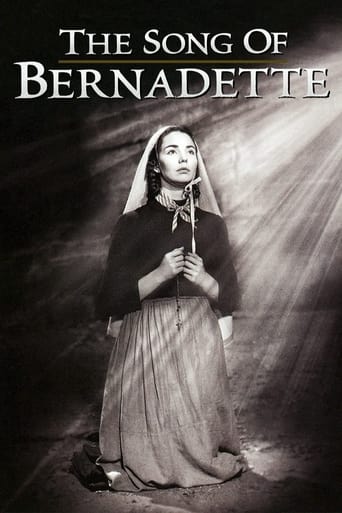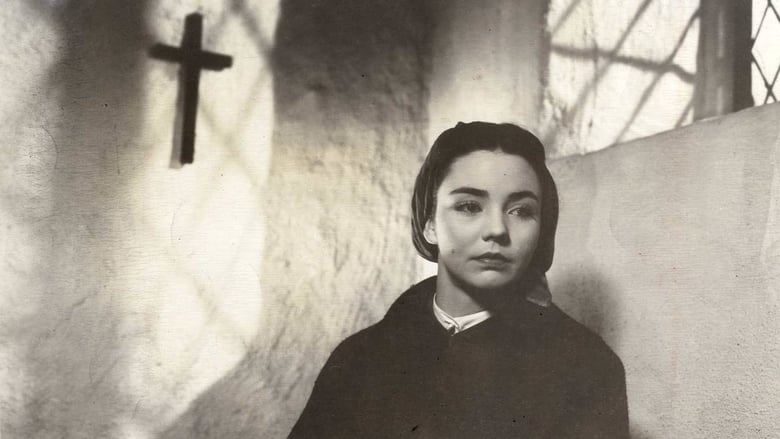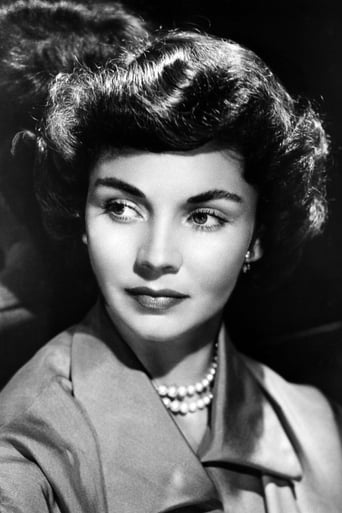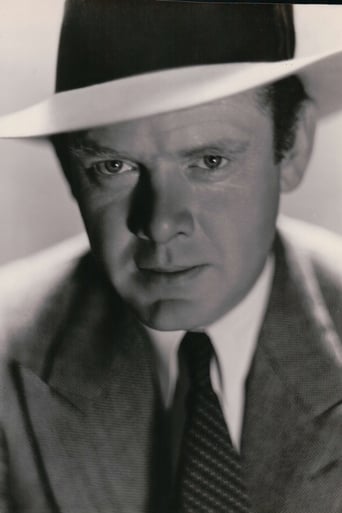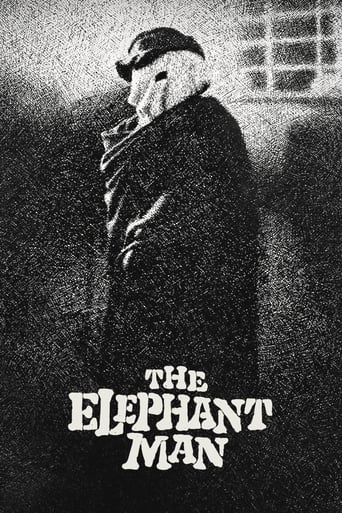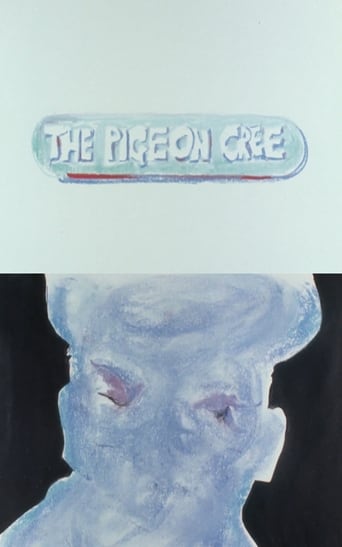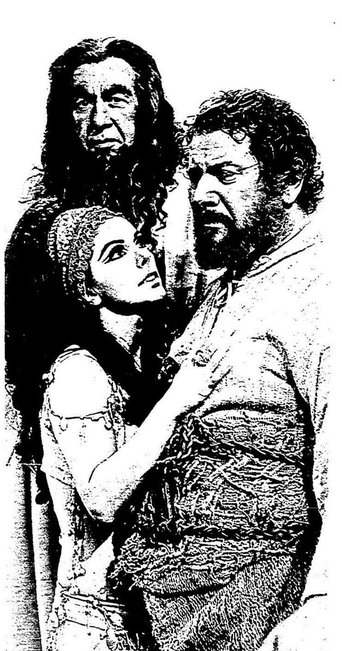The Song of Bernadette (1943)
In 1858 Lourdes, France, Bernadette, an adolescent peasant girl, has a vision of "a beautiful lady" in the city dump. She never claims it to be anything other than this, but the townspeople all assume it to be the Virgin Mary. The pompous government officials think she is nuts, and do their best to suppress the girl and her followers, and the church wants nothing to do with the whole matter. But as Bernadette attracts wider and wider attention, the phenomenon overtakes everyone in the the town, and transforms their lives.
Watch Trailer
Free Trial Channels
Cast


Similar titles
Reviews
Too much of everything
Am I Missing Something?
If the ambition is to provide two hours of instantly forgettable, popcorn-munching escapism, it succeeds.
In truth, there is barely enough story here to make a film.
Bernadette is a waifish sickly soul, but producer Dave Selznick hired Jen Jones (by 'Special Appointment'... ooooo!!!), to play the part, not because she was any good (she's an untalented big-boned broad), but because Selzie wanted to do her -- and he did (he later married her).Hank King's strange direction confuses the audience and makes it even harder to believe in this fairy tale. Ermadean Walter who portrays Bernie's sister is hot, especially when she lifts up her dress so she can wade across the shallow river... BUTT CHEEKS! Is that a thong she's wearing? YEAHHHHHH! A really long flick. Have a jumbo size amount of popcorn so you don't miss any of the movie -- and a fifth of vodka so you can forget you ever saw it.
Bernadette Soubirous, a peasant girl of a poor and humble family of five children (who survived infancy), is pure of heart, sincere, sweet, and nondescript. She also does not do well in school, and thus is behind her classmates in achievement. In addition, she tends to be sickly from asthma. On 11 February 1858, when she is 14 years old, her life takes an unexpected turn while she is out gathering wood with a sister, Marie, and a friend at the cave of Massabielle, an area that serves as the dump of the town of Lourdes. Alone, she sees an apparition of Our Lady, beautiful and divine, and Bernadette immediately kneels down. In relating her story afterward, Bernadette is careful never to add more than what Our Lady revealed to her. Of course the miracle caused a sensation with the town folks: some believed and some did not. There were at least 15 subsequent meetings with the "Lady in White," who later identifies herself as "The Immaculate Conception." At the time, the young Bernadette did not understand the significance of the Catholic doctrine of the Immaculate Conception as it related to the Blessed Virgin. When a pure spring sprouts forth from the exact spot that Bernadette was told to dig by the Lady, the number of visitors increases. When the waters are found to have miraculous therapeutic powers and people begin to make pilgrimages from all over the world, Bernadette's fame increases. Of course, the French authorities, egged on by Prosecutor Vital Dutour, are very skeptical, and there is concern that Lourdes will become the laughingstock of France. Despite their many interrogations and doing all that they can to discourage Bernadette, they cannot shake her faith. The Catholic Church too is initially cynical of the events until more information is gathered and investigated. After all, reports of miracles cannot be taken lightly.To forgo all of the worldly attention, Bernadette, under advisement by her priest, Father Peyramale, eventually decides to become a nun (1866). She immediately finds that one nun at the convent, the bitter Sister Marie Therese Vauzous (her direct superior), does not believe her. The sister, who has suffered throughout her life, cannot understand why the Blessed Virgin did not appear to her instead of Bernadette. Some years later, when Sister Marie Therese realizes her grievous error, Bernadette becomes her champion. Meanwhile the events in the convent (13 years) move forward. Bernadette, with a tumor on her knee, and with tuberculosis of the bone, eventually succumbed in 1879. As predicted by the Lady, she would not find true happiness on this earth, but in the next one. As she told the sisters, "The spring is not for me." She bravely suffered without complaint.Jennifer Jones, sensational in her screen near-debut, deservedly won the Oscar for Best Actress. Although she was bit older than the historical Bernadette at the movie's beginning, by the time she enters the convent she is about the same age as Bernadette was (just two years older). She certainly flows into the role extremely well, and exemplifies spirituality, purity, and innocence, and is never self-righteous or malicious. Notice her ethereal expressions, her face radiant in heavenly light. The entire cast is fantastic. To mention a few: Anne Revere effectively plays the strong mother, a laundress, the obvious center of the family. Lee J. Cobb is a bewildered but careful Doctor Dozous, while Vincent Price is the atheistic, incredulous prosecutor. Charles Bickford portrays the local priest, skeptical at first, but is obviously a good and well-meaning man. Gladys Cooper is the cynical and envious nun who has a change of heart towards the end. Notice her face, her shock, when she realizes that she had been in the wrong all along. Henry King directed the film with great respect and with great sensitivity. Thanks to Franz Werfel, a Jew, for researching and writing such a powerful and accurate story. This beautiful film is a winner, and some folks believe it was indeed the best movie of 1943. In 1944, it received 12 Oscar nominations (the most for any movie that year), winning four. Although it did not win the Oscar for Best Picture, "The Song of Bernadette" did win the Golden Globe Award for Best Picture. But there were an unusual amount of great movies made during that significant war year. Some of these include: "Shadow of a Doubt," "The Ox-Bow Incident," "For Whom the Bell Tolls," and "The Life and Death of Colonel Blimp (UK)." And since it was released at the end of 1942, "Casablanca" was eligible for the 1943 award year.One does not have to be a Roman Catholic to love "The Song of Bernadette." See it. But remember, "For those who believe in God, no explanation is necessary. For those who do not believe in God, no explanation is possible."
It's a fine example of the kind of reasonably accurate, historical biographies that studies like 20th Century Fox were turning out in the 30s and 40s. The acting is professional, the mise en scene convincing, the characters recognizable, and the determinedly middle-brow story easy to follow. If the movie and its premise go unchallenged, it can be moving. You must overlook some minor discrepancies between history and a recent movie. For instance, Bernadette Soubirous (Jones), who is better looking than the original, not only washed her face in the mud when advised to do so by "the lady" but she actually ate some of it. It would have been as commercially offensive to show that as it would have been to show the tubercular infection of her leg that killed her in her 30s. Today, of course, it would be different. The camera would linger lovingly on the mouth full of mud and the pustular wound.As Bernadette, Jennifer Jones won an Academy Award. She's pretty, and she progresses from a teen ager to a mature woman believably, but she's not really required to do very much except, as one character (a mean nun) observes, act and speak "disarmingly." When the vision appears, Jones' face lights up brightly, just as Denzel Washington's did in "Malcom X" when HE sees the light. Anne Revere is outstanding as the tough mother who holds the family together. Charles Bickford as the village priest is gruff and hard to convince. Vincent Price does a villainous turn as the Prosecutor but in the end is converted. Gladys Cooper as a bitter, jealous, unbelieving nun is splendid -- what a face! From a scientific point of view it can be said that -- well, there IS no scientific view. This is around 1860. Freud was only four years old. His cases don't look anything like those we see today. Yet, Bernadette Soubirous herself aside, social psychologists would recognize the pattern of crowd behavior. Lourdes attracted hordes of followers during the period when Bernadette was having her visions. The pattern is typical of a certain kind of collective behavior -- begun by a young girl who serves as the index case. The conformation to the template would have been more convincing if some of the other children claimed to see the same or similar visions. Such an event is the subject of savage parody in Fellini's "La Dolce Vita" and is taken well over the top -- to some distant, unimaginable planet -- in "The Miracle of Our Lady of Fatima" in which the sun is made to stop and dance around.Lourdes today doesn't look much like a small village near a filthy grotto. As I recall, it's built up considerably, not just the town but the various chapels, and it's surrounded in summer by hundreds of pilgrims hoping for something. It all seems as commercial as this movie.But none of that should keep a viewer from seeing the film. As I say, it's a good example of its period and its genre and is in no way insulting. Poor Bernadette.
no explanations is necessary .For those who don't ,no explanation is possible.The lines which opens the film are repeated towards the ending by Father Peyramale.Few legends have been woven from humbler stuff,and this particular encounter between one of the poorest peasant girls in a tiny village of the Pyrenées and "the Lady" led to events that shook not only my native France but the entire Christian world.Lourdes has become the second Christian pilgrimage place in the world after Rome,the second hotel town in France after Paris.Like in the book,the film begins with the humble life of the Soubirous.The first pictures show Bernadette's father taking infectious clothes from the hospital to the dump.And the family was housed in a dark place which the inhabitants of Lourdes used to call "le Cachot" ("The dungeon").Henry King's film is absolutely inspired.Jennifer Jones (who would play another -fictious- French character ,"Madame Bovary" and who would become the par excellence romantic heroine ),thoroughly deserved the AA she won.The characters she would play later in her career ("Duel in the sun" ,"Ruby Gentry" "Gone to Earth" and MInnelli's Flaubert's adaptation)and Bernadette are worlds apart.Her metamorphosis was extraordinary: her portrayal of the young illiterate peasant girl ,her look,her sweet humble voice,her self-denial ("I don't promise you happiness in this world but in the next one") made her the absolute French saint.French words have been introduced in the dialog (Bernadette always uses:"Monsieur" ) To a hostile world (the bourgeois,the Church),Bernadette puts forwards her faith ,her beaming smile and her moving clever answers which will remind you of those of Joan of Arc during her trial;the two heroines were chosen among the humble few.That's what Sister Vauzous (a sublime Gladys Cooper)did not understand : and however,hadn't Bernadette suffered from TB ,her childhood in a room as dark as a dungeon,her humiliations when she was at school ,the exhausting questionings she had to cope with ,wasn't it enough? "The Song of Bernadette" is so intense a movie it can appeal to atheists too.Prosecutor Vital Dutour cannot enter Bernadette's world cause it takes a lot of faith and he realizes that he will die a lonely man too late.Like this ?Try these....(great religious movies about French saints) "Monsieur Vincent" Maurice Cloche 1947 (Saint Vincent de Paul) "Thérèse "Alain Cavalier 1986 (Sainte Therese de Lisieux) "Bernadette" Jean Delannoy 1987 (Although despised by most of the French critics and inferior to KIng's version,it's essential viewing for anyone interested in Bernadette's story;it's to my knowledge the only recent French film dealing with the subject)

